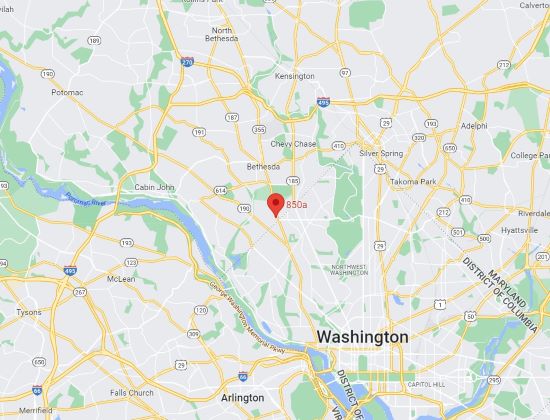Countless people in and around Washington, DC have benefited from undergoing LASIK with Dr. Andrew E. Holzman. Not only does he achieve excellent results thanks to state-of-the-art care, Dr. Holzman also considers long-term questions patients may have about life after LASIK.
For example, cataracts are a common issue for many people as they get older. Some patients have asked us if undergoing LASIK affects the safety or nature of cataract surgery. Let’s provide an answer to that question. First, let’s go over what happens during LASIK surgery and what a cataract is exactly.
What Happens During LASIK?
During LASIK surgery, a flap is created in the topmost layer of the cornea (the epithelium). Through this flap, a laser is used to reshape the cornea. Doing so improves the passage of light through the eyes, enhancing vision in the process. The surgery is a great option for treating myopia (nearsightedness), hyperopia (farsightedness), and astigmatism.
What Is a Cataract?
A cataract affects the naturally clear lens of the eye, turning it milky or cloudy. The lens is located under the cornea, pupil, and iris.
Cataracts can be caused by injury to the eye, though many people develop cataracts as part of the natural aging process. As cataracts develop, they can make your vision blurry and hazy. Advanced stages of cataracts can result in significant vision loss.
Can I Get a Cataract Removed After LASIK?
Yes. It’s possible for LASIK patients to undergo successful cataract surgery later in life.
Removing the clouded lens of the eye will not result in harm to the cornea. Additionally, the cataract removal procedure will not lead to further issues issues with vision or eye health. In fact, getting a cataract removed will improve your vision and overall quality of life.
Finding the Right Intraocular Lens (IOL)
While our Washington, DC LASIK patients can undergo cataract surgery, it’s important that they bring up their past LASIK procedure with their cataract surgeon. When a cataract is removed, it is replaced by an intraocular lens (IOL). This artificial lens helps restore vision clarity following surgery.
If a patient has undergone any refractive procedure, the cataract surgeon can use this information to determine the ideal type and power for the IOL. At our locations we provide the patients with a detailed sheet of information to show the cataract surgeon down the road. This way they won’t have to request records from us many years later when/if a cataract develops. In essence, LASIK will not at all complicate a cataract removal, but the fact a patient underwent LASIK is important to consider to ensure the best possible vision restoration.
I’m Developing Cataracts, But Do I Need Cataract Surgery?
Just because you’re starting to develop cataracts does not mean you’ll need to undergo cataract surgery. Early stages of cataracts may impact your vision quality, but they will not require surgical removal. In these instances, prescription lenses or assistive vision devices may be used instead.
This is why regular visits to the eye doctor are crucial, especially as you get older. Your vision specialist can let you know if you need cataract surgery. The eye doctor can also assess your risk for developing cataracts and go over various at-home and professional options for preventative care.
Learn More About LASIK
To learn more about LASIK, cataracts, and other matters related to your vision and the health of your eyes, be sure to contact a skilled LASIK surgeon and ophthalmologist. You can reach our eye care center in Washington, DC.




